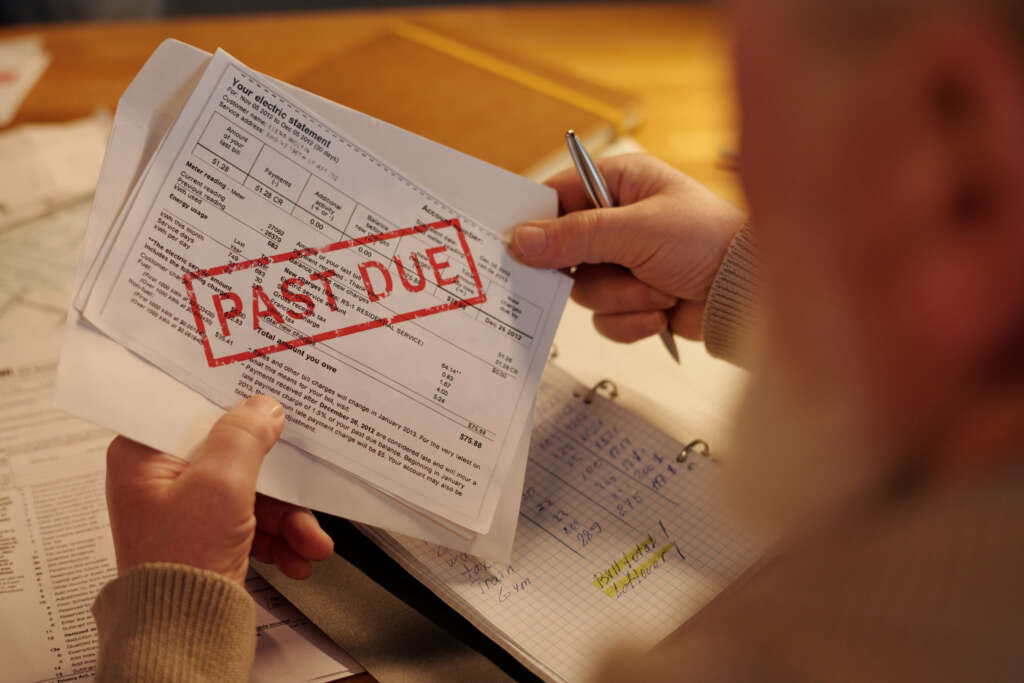Share This Article
Housing problems can feel overwhelming when facing foreclosure, landlord disputes, or contract issues. The cost of hiring an attorney often makes legal help seem out of reach, but numerous resources provide free or affordable assistance for housing-related legal matters.
Legal Aid Organizations
Legal aid societies operate in every state, offering free legal services to low-income individuals. These nonprofit organizations focus on essential legal needs including housing, family law, and benefits issues.
Most programs serve people earning 125% of federal poverty guidelines or less. For 2025, this means individuals earning under $18,788 annually or families of four earning under $38,625.
Legal aid attorneys handle eviction defense, foreclosure prevention, landlord-tenant disputes, housing discrimination, and habitability issues. Find your local organization through the Legal Services Corporation directory.
Pro Bono and Law School Resources
State bar associations coordinate pro bono programs where volunteer attorneys provide free services to qualifying clients. These programs often have broader income eligibility than legal aid organizations. Contact your state bar association or visit the ABA Free Legal Help directory.
Law schools operate legal clinics where supervised students provide free services under faculty oversight. Housing clinics handle landlord-tenant issues, eviction defense, and disability accommodations. Search “[your city] law school legal clinic” to find local programs.

Court and Government Resources
Many courts provide self-help centers with free assistance for people representing themselves. Court staff help complete forms, explain procedures, and provide basic legal information without giving legal advice. Check your local court’s website for specific programs and schedules.
HUD-approved housing counseling agencies provide free assistance with foreclosure prevention and rental issues. Housing counselors help negotiate loan modifications and connect homeowners with legal aid when necessary. Find agencies through the HUD Housing Counseling database.
Many states operate legal hotlines providing free telephone consultations on housing law. Search “[your state] tenant rights hotline” or “[your state] foreclosure hotline” for immediate advice.
Additional Support Options
Housing advocacy organizations provide legal assistance or referrals alongside their advocacy work. Local advocates understand area-specific laws while national organizations like the National Low Income Housing Coalition provide policy information and resource directories.
Community mediation centers offer free or low-cost services for landlord-tenant disputes and neighbor conflicts. Mediation often resolves disputes faster and less expensively than court proceedings while allowing both parties input into solutions.
Emergency Situations
Some situations require immediate legal help. Many legal aid programs maintain emergency dockets for same-day eviction proceedings. Attorneys can sometimes halt foreclosure sales through emergency court filings, but this requires immediate action when you receive notices.
Maximize Your Success
Organize relevant documents before contacting legal services. Gather lease agreements, mortgage documents, correspondence with landlords or lenders, court papers, and financial information. Having organized paperwork speeds the intake process.
Prepare income verification including recent pay stubs, benefit award letters, or tax returns to verify eligibility for free services.
Understanding basic housing rights helps you identify when you need legal assistance. The Nolo landlord-tenant law section provides free information on housing laws by state.
Housing legal problems rarely resolve themselves, but free and low-cost help is available when you know where to look. Start with legal aid organizations for comprehensive assistance, use court self-help resources for simpler matters, and don’t wait until the last minute to seek help.


